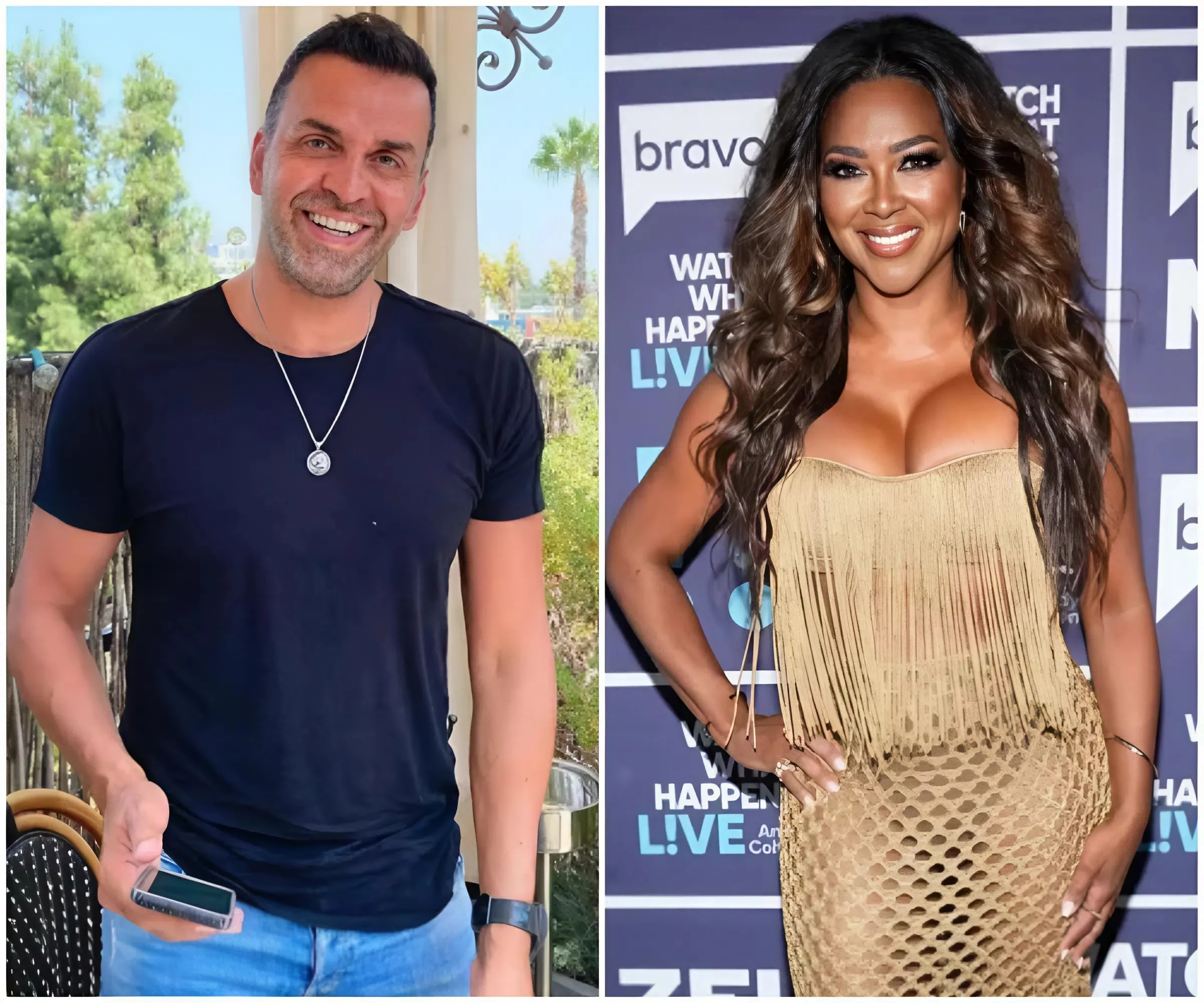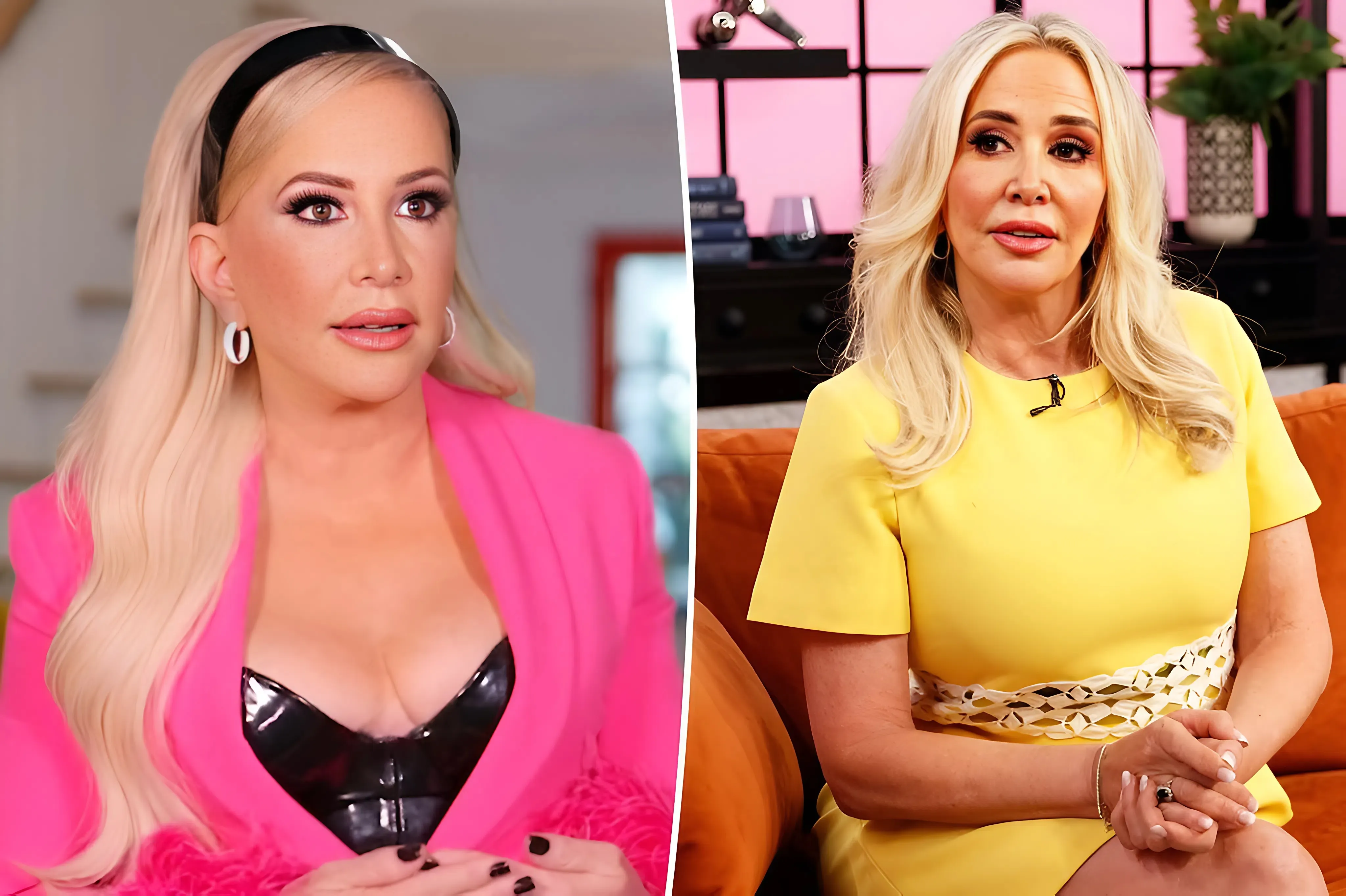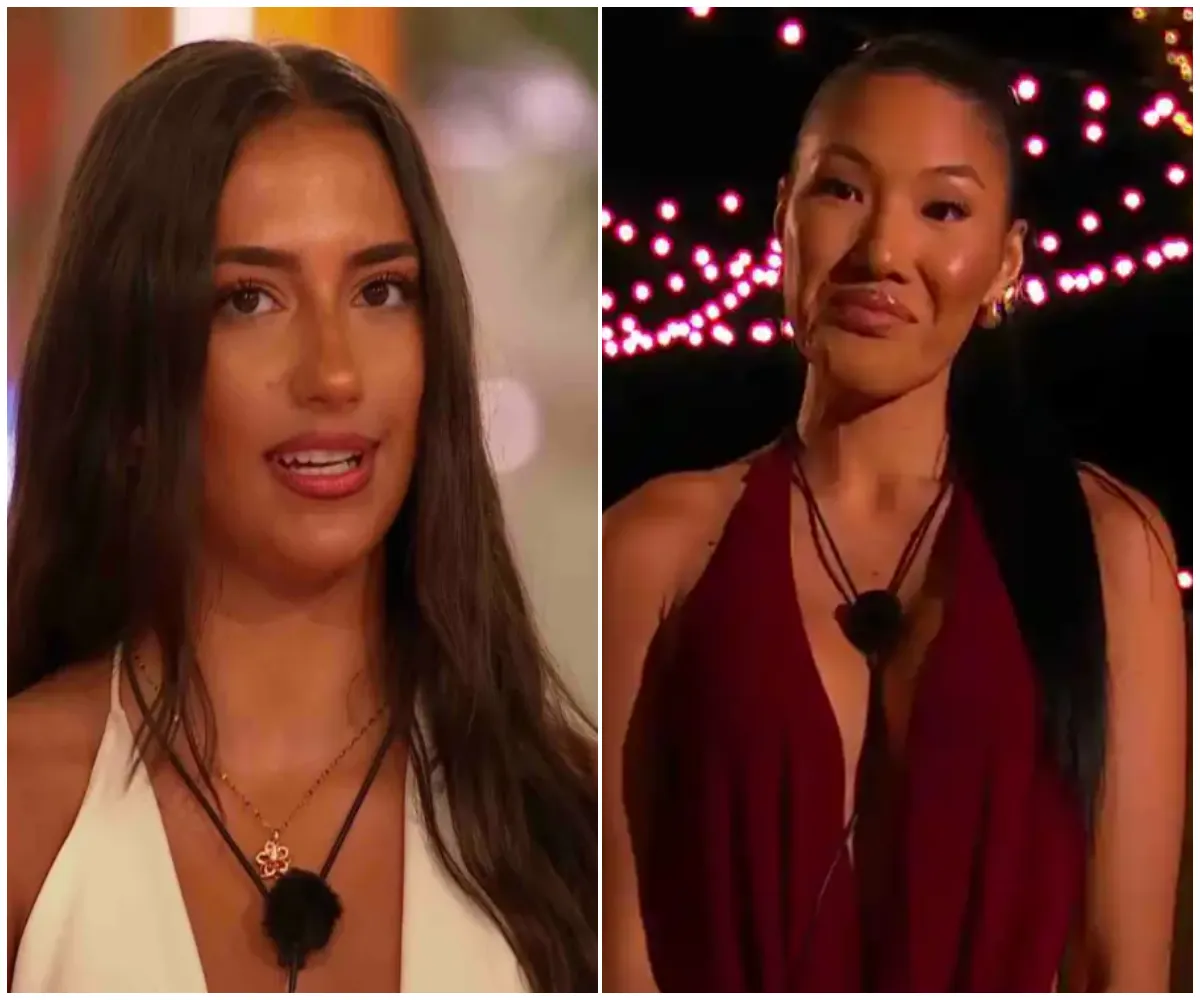 There’s something quietly heartbreaking about watching JoJo Siwa—the vibrant, glitter-splattered emblem of Gen Z confidence—confess that she felt pressured into labeling her sexuality. Not because she didn’t know who she was, but because the world around her decided it had the right to define her first.
There’s something quietly heartbreaking about watching JoJo Siwa—the vibrant, glitter-splattered emblem of Gen Z confidence—confess that she felt pressured into labeling her sexuality. Not because she didn’t know who she was, but because the world around her decided it had the right to define her first.
At just 22, Siwa has lived more lives than most: child star, YouTube mogul, LGBTQ+ icon, Dancing With The Stars finalist, and now, surprisingly, a woman in love with a former Love Island heartthrob, Chris Hughes. Their romance has blindsided fans and insiders alike, but the real shock comes from JoJo’s quiet confession that she didn’t feel free to be fluid—not even in a community that supposedly champions freedom of identity.
In her first candid sit-down since leaving the Celebrity Big Brother house earlier this year, Siwa admitted: “I felt like I had to say I was a lesbian. That’s what people wanted me to be. That’s what they expected. And I didn’t want to disappoint anyone.” She didn’t say this bitterly. She said it like someone finally exhaling after years of holding in the truth.
It’s easy to forget that JoJo came out to the world at just 17, dressed in sequins and rainbows, beaming through TikTok videos and declarations of pride. But behind the screen, the pressure to be the perfect representative of queerness—tidy, palatable, definitive—was mounting. She was barely an adult and suddenly thrust into the role of spokesperson for an entire generation of LGBTQ+ youth.
That’s the trap we so often lay for our icons, especially the young ones: we ask them to define themselves early, loudly, and permanently. But queerness isn’t neat. It’s not a soundbite. It’s a spectrum, fluid and shifting. And the tragedy is that JoJo, with her unmatched courage and charisma, didn’t feel like she could say, “I’m still figuring it out.”
Enter Chris Hughes. Their relationship, which blossomed quietly behind the scenes before she surprised him with a transatlantic trip to London, has turned heads—and not always kindly. Some fans cried betrayal. Others questioned her previous relationships. A few even accused her of ‘abandoning’ the community she had once uplifted.
But perhaps what JoJo is doing now is even more powerful: reclaiming her narrative. Not retreating from queerness, but expanding it. Not denying her past, but refusing to be boxed in by it. She’s still queer. Still proud. But also honest enough to say that her truth doesn’t fit the labels the world handed her.
And we should applaud her for it.
JoJo Siwa isn’t turning her back on anyone—she’s finally showing up for herself. The girl in the sparkly bow has become a woman unafraid to admit that identity can evolve. That love doesn’t always come wrapped in rainbow flags. And that, sometimes, the bravest thing you can do is say: “This is who I am. Today.”



